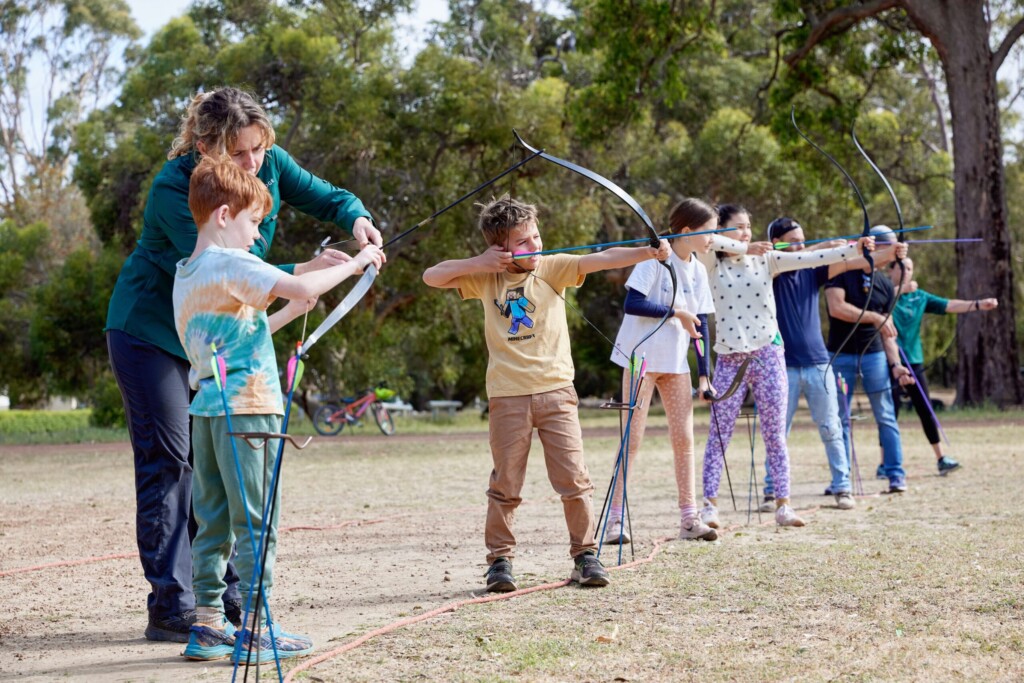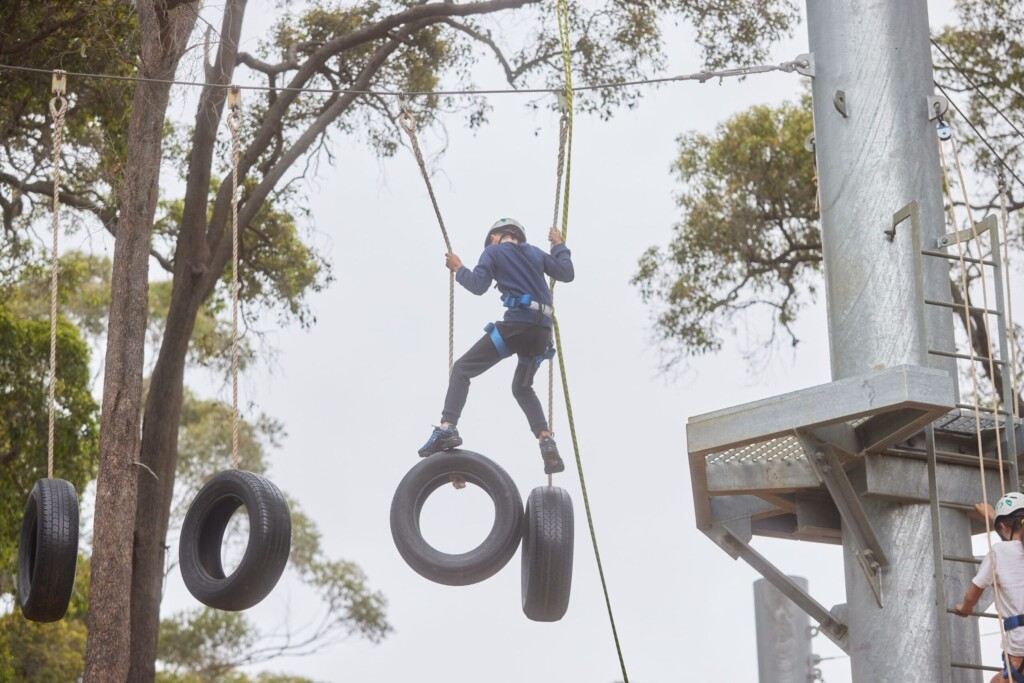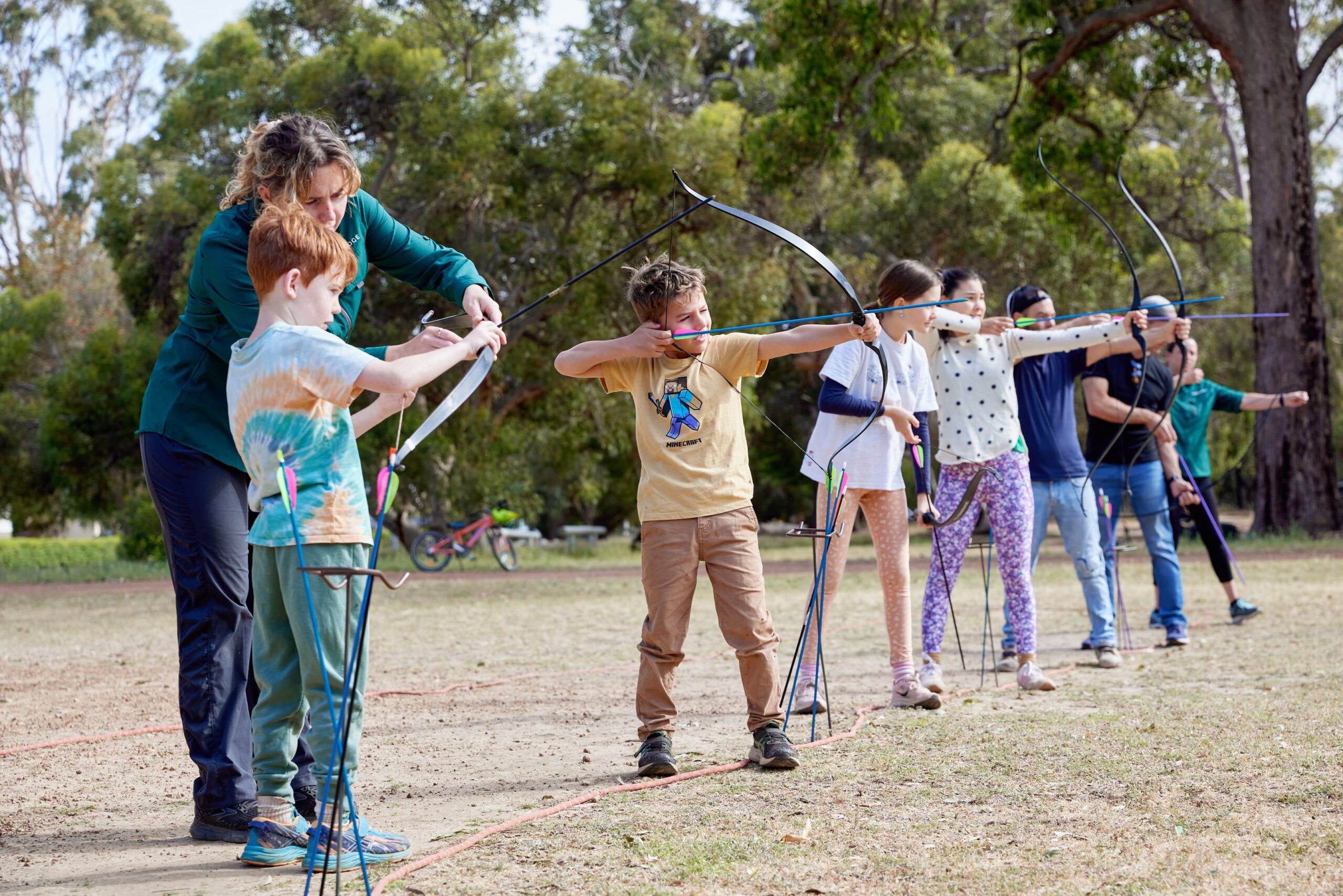
Outdoor activities have long been celebrated for their ability to promote physical fitness and provide a refreshing break from the daily grind. However, their impact extends far beyond the physical realm.
Engaging in outdoor activities is a powerful catalyst for personal growth, helping individuals develop essential life skills, enhance emotional well-being, and foster a deeper connection with themselves and the world around them.
Building Resilience Through Challenges
Outdoor activities often present unpredictable challenges, such as changing weather conditions, difficult terrain, and unexpected obstacles. Engaging with these challenges helps individuals build resilience by learning to adapt and persevere in the face of adversity. For instance, a hike that starts under clear skies can quickly turn into a test of endurance when rain suddenly begins to fall. Such experiences teach valuable lessons in flexibility, problem-solving, and maintaining a positive attitude despite setbacks.
Overcoming Fear and Anxiety
Many outdoor activities require individuals to step outside their comfort zones and confront their fears. Whether it’s rock climbing, white-water rafting, or bungee jumping, these activities can push individuals to face and conquer their anxieties. The process of overcoming fear in a controlled and supportive environment can lead to increased self-confidence and a sense of accomplishment, empowering individuals to tackle challenges in other areas of their lives.

Fostering a Growth Mindset
Failure is an inevitable part of life, and outdoor activities provide a unique opportunity to learn from it. When attempting a challenging activity like mountain biking or rock climbing, falling or making mistakes is often part of the experience. Instead of viewing failure as a setback, individuals learn to see it as an opportunity for growth and improvement. This mindset shift, known as a growth mindset, encourages continuous learning and self-improvement.
Setting and Achieving Goals
Outdoor activities often involve setting personal goals, such as reaching the summit of a mountain or completing a long-distance hike. The process of setting and working towards these goals teaches individuals the importance of planning, discipline, and perseverance. Achieving these goals, no matter how small, provides a sense of accomplishment and reinforces the belief that effort and determination can lead to success.
Enhancing Emotional Well-Being
Spending time in nature has been shown to reduce stress and anxiety levels significantly. The calming effects of natural surroundings, combined with physical activity, can lead to lower cortisol levels and improved mood. Activities like hiking, bird-watching, or simply spending time in a park provide a mental escape from the pressures of everyday life, allowing individuals to recharge and gain perspective.
Boosting Self-Esteem and Confidence
Outdoor activities often involve physical exertion and the overcoming of physical challenges. Successfully completing a challenging hike, navigating a difficult trail, or conquering a fear-inducing activity can lead to a boost in self-esteem and confidence. These accomplishments remind individuals of their strength and capabilities, fostering a positive self-image and belief in their ability to overcome obstacles.
Strengthening Social Connections
Many outdoor activities are best enjoyed in groups, offering opportunities to develop teamwork and communication skills. Activities like team sports, group hikes, and adventure courses require participants to work together, communicate effectively, and support one another. These experiences foster collaboration and empathy, helping individuals build stronger relationships both in and out of outdoor settings.
Creating Lasting Memories and Bonds
Shared outdoor experiences often lead to the creation of lasting memories and bonds. Whether it’s a weekend camping trip with friends or a family kayaking adventure, these experiences create shared stories and moments that strengthen relationships. The sense of camaraderie and shared achievement in overcoming challenges together enhances social connections and builds a sense of community.

Cultivating a Deeper Connection with Nature
Engaging in outdoor activities fosters a deeper appreciation and awareness of the natural world. Spending time in diverse environments, from forests to oceans, increases understanding of ecosystems and the importance of conservation. This heightened awareness often inspires individuals to become more environmentally conscious and take actions to protect the natural world.
Nurturing Mindfulness and Presence
Outdoor activities encourage individuals to be present in the moment and engage with their surroundings. Whether it’s the rhythmic sound of waves during a beach walk or the rustling leaves on a forest trail, nature invites mindfulness and presence. This practice of being fully present enhances mental clarity and reduces distractions, leading to improved focus and emotional well-being.
Conclusion
Outdoor activities offer a wealth of opportunities for personal growth, from building resilience and fostering a growth mindset to enhancing emotional well-being and strengthening social connections. By embracing outdoor adventures and incorporating them into our lives, we can tap into their transformative power and unlock our potential.





